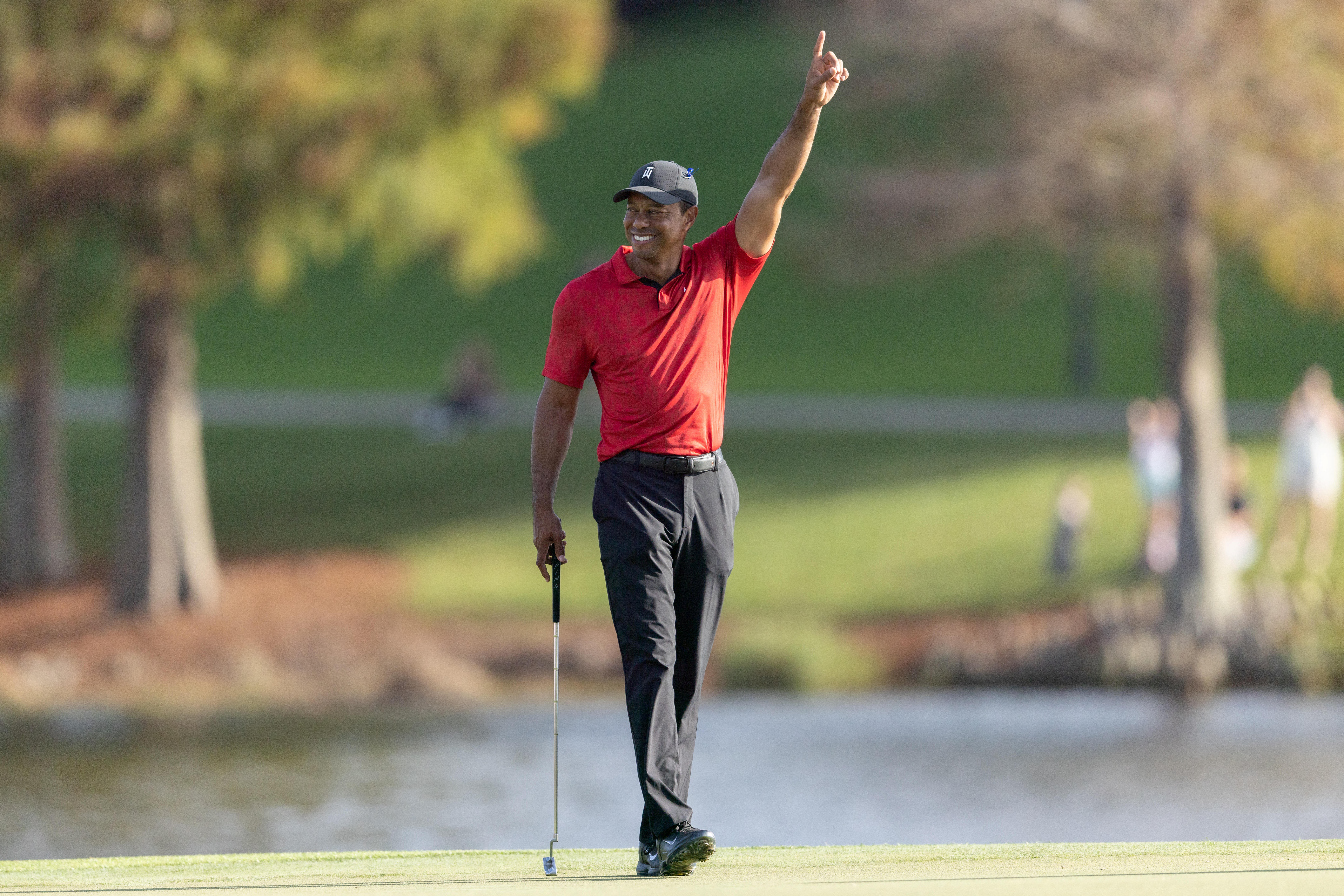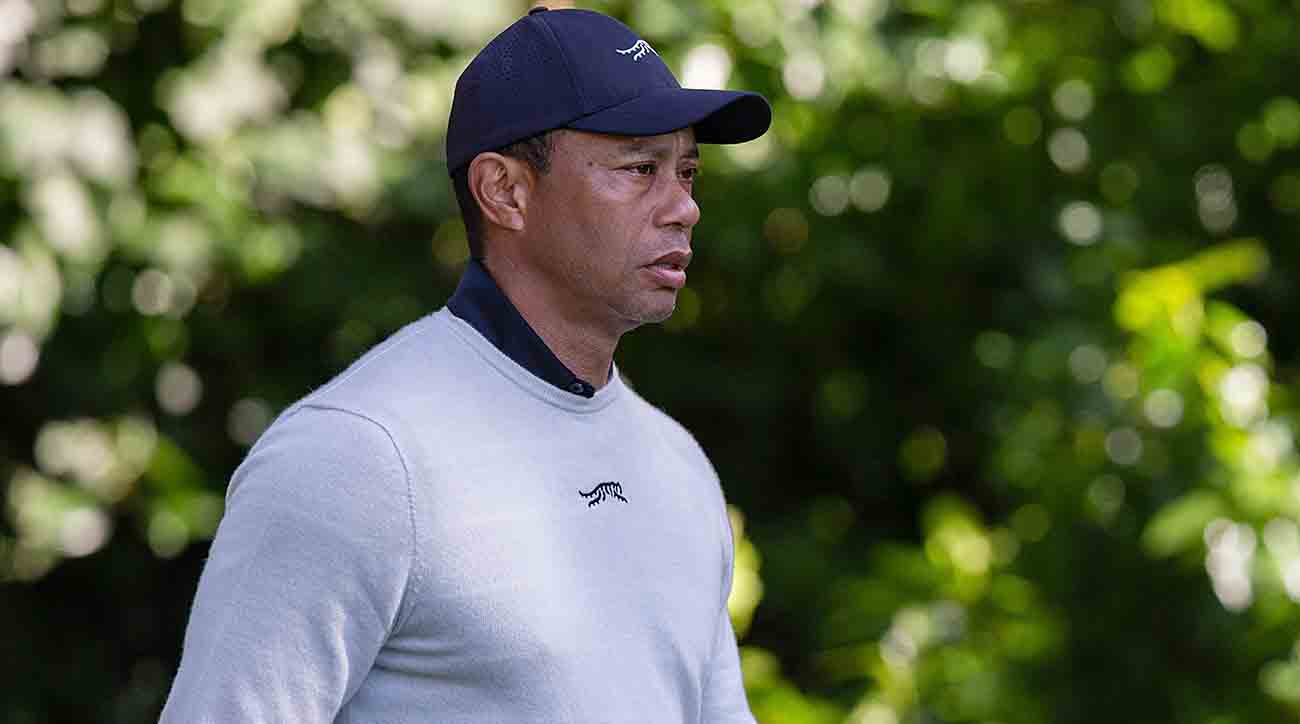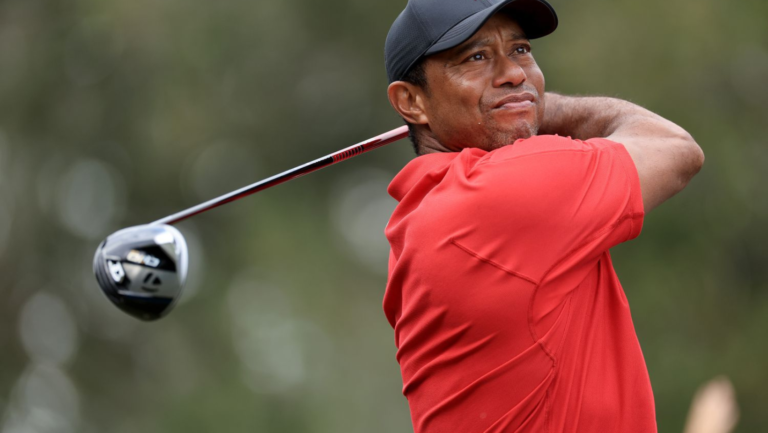READ MORE ;Tiger Woods: How the absence of the heartbeat of golf at The Players Championship is being felt
In fact, it was part of his five goals that he had for every round, which according to course-management expert Scott Fawcett, were:

JUST IN ;Tiger Woods wins the 2024 Bob Jones Award the USGA highest honor with the 15-time major winner set to receive the prize at this year US Open

2. Getting too fancy on the layup: It’s easy to lose focus on a layup shot. You’re not aiming at any specific target like the hole or middle of the green, so you lose focus and simply swing with no real intention. That’s when bad things happen. You lay it up into the rough, bunker or water. Or worse, you top or chunk it right in front of you. There’s a quick bogey or double.
